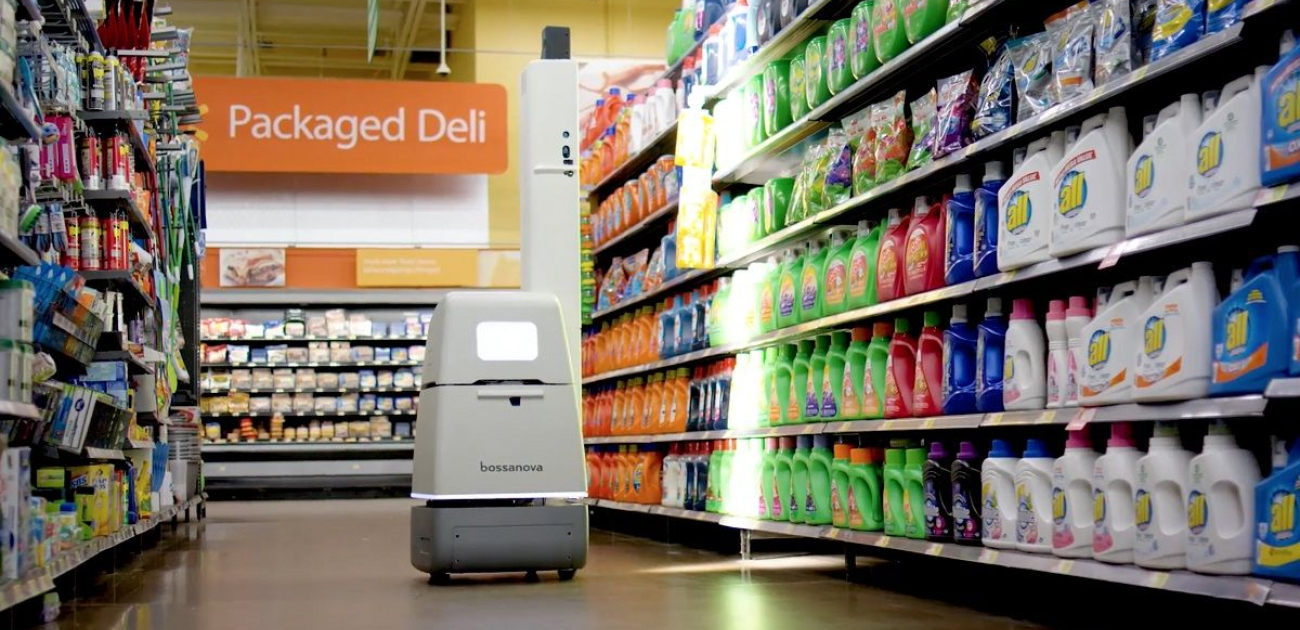Let’s Get Innovative!
There continues to be a lot of discussion throughout the commercial real estate industry about competition from online retailers and the holes created by failing and downsizing businesses that have traditionally focused on brick and mortar stores. While concern about the retail apocalypse continues to loom, developers are finding innovative ways to fend it off.
Retail landlords have been striking creative deals that allow them to generate revenue in non-traditional ways. While landlords have historically had success filling vacancies with seasonal pop-up retailers, this industry is expanding beyond holiday businesses. In addition to Halloween or Christmas pop up stores, we are increasingly seeing pop-ups used to introduce new trends or to dispose of overstocked merchandise.
Another option for property owners is to establish placemaking and advertising opportunities for retailers and other businesses not located within the shopping center. Developers sell space on LED pylon signs, billboards or other mediums to generate revenue for entities even if they are not occupants of the shopping center. Further, food trucks and kiosks similarly generate revenue for property owners and enhance the shopping experience for customers.
These temporary users will occupy space that has been vacated by retailers allowing landlords to maintain some revenue and steady foot traffic at the shopping center during the potentially lengthy downtime to find a new tenant, negotiate the lease and obtain any permits necessary to build out the space. In addition to the economic benefit for the landlord, pop-ups offer an introduction to new concepts at low costs to the business owners and permit customers to experience new trends when it might otherwise be cost prohibitive to establish a storefront. These pop-ups also provide unique experiences allowing property owners to differentiate their shopping center from the others. This focus on “the experience” has become a priority for many customers of shopping centers and pop-ups help to achieve this.
A number of major, national developers have added specialty retail personnel and departments to their teams to ensure that there is a focus on secondary opportunities that can bring additional revenue to operating shopping centers. Many of these individuals will be gathering next week at the second annual Ancillary Retail Expo, where the agenda highlights the variety of ancillary trends and the experienced panel of speakers will surely provide different solutions for property owners to consider.
These new opportunities are not without challenges. Historical lease provisions that control activities in the common areas, restrict certain uses from shopping centers, prohibit entities that are not occupants of the shopping center from having pylon placements and co-tenancy provisions that are not satisfied by temporary tenants are all hurdles that must be overcome to maximize the value of ancillary uses. Landlords should be cautious when negotiating new leases and try to avoid clauses that could inhibit flexibility and should connect with existing tenants to discuss the advantages of having active space rather than big, dark boxes.
The retail landscape is changing, not becoming extinct. Statistics show that even though many retailers are closing stores, the leasing industry is staying strong. The shopping centers of 2020 will look different than those of the past, but through innovation and collaboration, both retailers and developers alike will persevere.
Do you want more information?
 Melissa Rivers
Melissa RiversCommercial transactions, including representation of clients in connection with the acquisition, financing, disposition and leasing of real property are the focus of Melissa Rivers’ practice. Melissa is a Senior Attorney in the firm’s Real Estate group.

